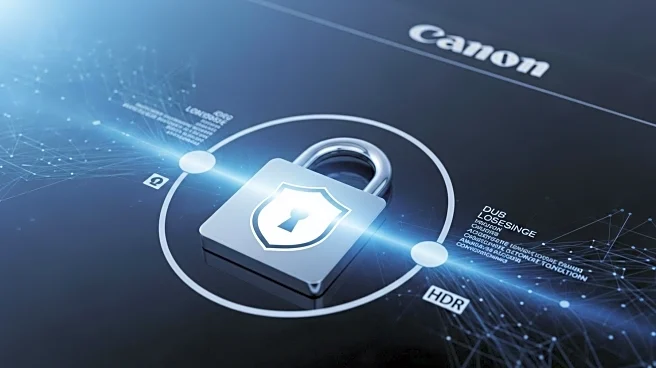What's Happening?
VPNs are increasingly being used to secure online banking transactions, with more than one-third of users relying on them to protect sensitive data from trackers and hackers. However, banks often flag VPN traffic due to unstable IP addresses, which can disrupt banking sessions. VPNs like NordVPN and ExpressVPN are recommended for their ability to maintain session stability and prevent security alerts. These VPNs offer features such as threat protection, kill switches, and consistent server locations to ensure secure and uninterrupted banking experiences.
Why It's Important?
The use of VPNs for online banking is crucial in safeguarding personal financial information, especially when accessing accounts over public Wi-Fi networks. As cyber threats continue to evolve, VPNs provide an essential layer of security by encrypting data and preventing unauthorized access. This trend underscores the growing need for robust cybersecurity measures in personal finance, highlighting the importance of choosing reliable VPN providers to avoid potential disruptions and security breaches.
What's Next?
As VPN usage for banking becomes more prevalent, banks may need to adapt their security protocols to accommodate VPN traffic without compromising user experience. This could involve developing more sophisticated fraud detection systems that differentiate between legitimate VPN use and suspicious activity. Additionally, VPN providers may continue to innovate, offering enhanced features to ensure seamless and secure banking sessions.
Beyond the Headlines
The reliance on VPNs for banking reflects broader concerns about digital privacy and security. It raises questions about the balance between convenience and security in online transactions, as well as the potential for VPNs to become standard practice in personal finance management. This trend may also influence regulatory discussions around cybersecurity standards and consumer protection in the financial sector.










